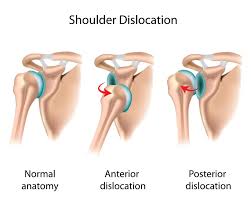dislocation
英 [ˌdɪs.ləˈkeɪ.ʃən]
美 [ˌdɪs.loʊˈkeɪ.ʃən]
- n. 转位;混乱;[医] 脱臼
使用频率:

记忆方法
记忆“dislocation”的方法可以是将它拆分为两部分:“dis-”(分开、否定前缀)和“location”(位置)。想象一个物体或者关节被“dis-”(分开)了,失去了它的“location”(位置),从而形成“dislocation”(错位)。这种方法通过单词的构词法帮助记忆其含义。
以上内容由AI生成, 仅供参考和借鉴
英语词源
- dislocation (n.)
- c. 1400, originally of bones, from Old French dislocacion (14c.), or directly from Medieval Latin dislocationem (nominative dislocatio), noun of action from past participle stem of dislocare (see dislocate). General sense is from c. 1600.
权威例句
- 1. Millions of refugees have suffered a total dislocation of their lives.
- 无数的难民饱受生活颠沛流离之苦。
- 2. A doctor can reduce a fracture or dislocation.
- 医生能使骨折或脱臼复位.
- 3. The storm caused considerable dislocation of air traffic.
- 风暴使得空中交通大乱.
- 4. The strike will cause some dislocation of rail traffic.
- 这次罢工会给铁路交通造成一定的混乱.
- 5. He came in the hospital with a dislocation of the shoulder.
- 他因肩关节脱臼而住院.
